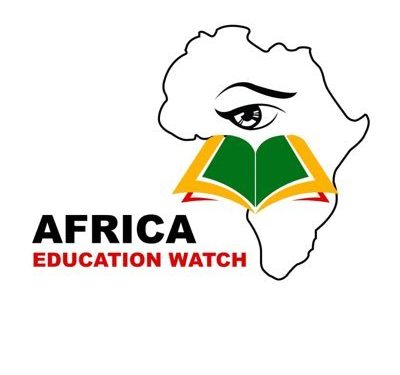Consider virtual programs for 499 students – Eduwatch to GLC
We call on the Ghana School of Law to admit the 499 students either as in-person or virtual students, in line with the government’s tertiary education policy.”

The General Legal Council has been urged to admit the 499 students who were denied admission to the Ghana School of Law despite obtaining the 50 percent pass mark, to a virtual program.
A press statement released by Education think tank, Africa Education Watch (Eduwatch) on Wednesday described the decision not to admit the 499 students as unfair and without justification.
It further noted that “this action of the Ghana School of Law contradicts government’s own agenda of doubling tertiary enrolment by 2030 and creating equal opportunities for career progression and skills development as a means of curbing graduate unemployment.”
The organization also questioned how the government would be able to attract more students to tertiary institutions if it were refusing admission to law students who had duly passed.
In a bid to curb this menace, it has advised the resort to virtual education systems to deal with any constrains the school might have had to deal with if all qualified students were admitted.
The think tank noted that this will also be consistent with the government’s own tertiary education policy.
“Globally, training institutions have adopted virtual learning systems and technologies to sustain and increase access to legal education in the face of limited physical infrastructure and the COVID-19 pandemic effect. Should there be genuine concerns regarding limited physical space, the Ministry of Education through the various tertiary institutions have enormous experiences in managing high numbers through virtual schooling initiatives, which should never pose a challenge to the Ghana School of Law adopting to admit the 499 students into a virtual school.”
“We call on the Ghana School of Law to admit the 499 students either as in-person or virtual students, in line with the government’s tertiary education policy.”


